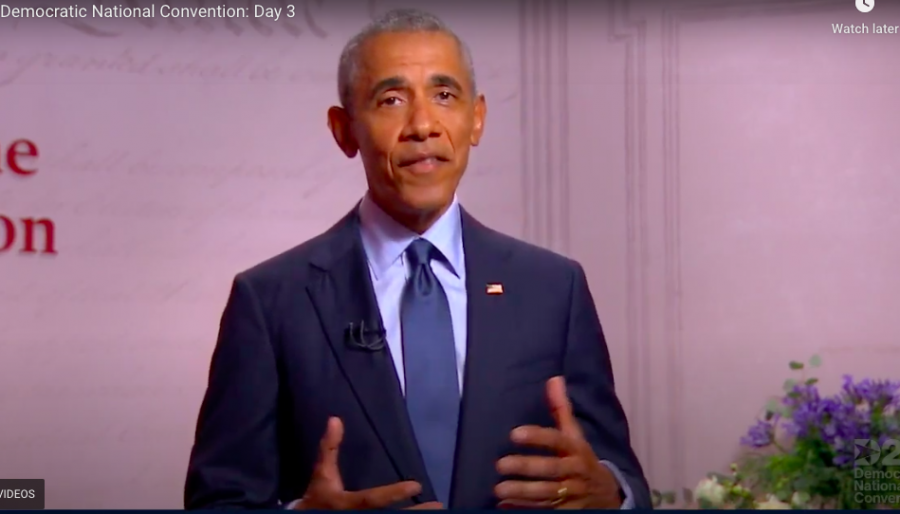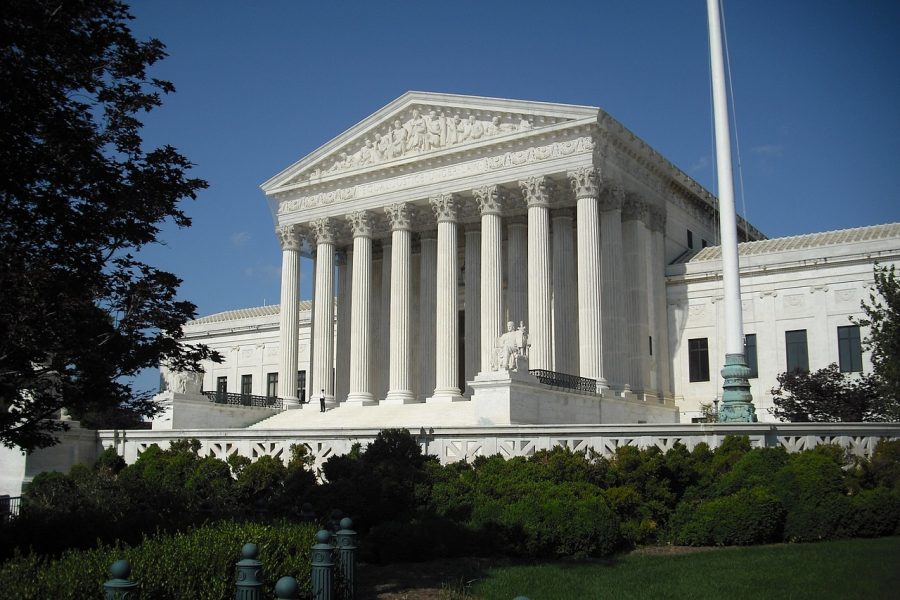
Please take out a piece of paper and write your name at the top – it’s time for a pop quiz!
1) Who is the prime minister of the United Kingdom?
2) What are the five permanent member states of the U.N. Security Council?
3) How many political parties are represented in Germany’s legislative body? (Extra credit if you can name what that legislative body is called.)
The truth is, you may not know any of these things. And some of us didn’t know all of them, either – we looked them up (thanks, Google).
But we shouldn’t ignore the rest of the world’s politics and governments just because we can look answers up on the Internet at a moment’s notice. After all, citizens in other countries seem to have at least a surface-level knowledge of our politics and current events.
A recent BBC opinion poll examined U.S. presidential candidates’ approval ratings abroad, surveying 21,797 people in 21 countries. The results showed much higher approval for President Barack Obama than Gov. Mitt Romney.
But the results of the poll are not what are most important here.
Not only did the people surveyed know who our candidates were, but these respondents were informed enough to shape an opinion about another country’s elections.
Do you think you could do the same? When was the last time Americans were polled on a French presidential race, or any other country’s for that matter?
One Marquette student who studied abroad in France said that during the last U.S. presidential election, French students at her school in Paris held an election-viewing party just to watch the results, complete with breakfast and American flags. But here’s the real kicker – the cross-cultural event was held at 6 a.m. and was still able to fill the entire auditorium.
We think it’s safe to say that something like that has never occurred here, and sadly, it probably never will.
The U.S. government has such influence on global politics that other countries follow our elections and policies very closely. Why don’t we start paying more attention to theirs? After all, what happens around the world affects us, too; just look at the global effects of the European Union’s financial crisis.
According to the 2009 U.S. Department of Defense Base Structure Report, the department manages more than 539,000 facilities located on more than 5,570 sites on approximately 29 million acres around the world.
Clearly our government is invested in global politics and has some sort of influence in nearly every other country, so why, then, do U.S. citizens seem so disinterested in what happens outside of the States? If our government has military bases in almost every country, we should take it upon ourselves as citizens to learn about these various cultures and governments as well.
Remaining uninformed about global politics can only lead to ethnocentrism. We must educate ourselves about other parts of the world to have any chance at global understanding and peace.
Even CNN, a reputable American news source, mistakenly showed a map of Tripoli, Lebanon, instead of Tripoli, Libya, when the latter country’s revolution made international headlines in 2011. What does that say for the average citizen?
China, Libya and Syria have all become buzzwords in the current presidential campaign, but we wonder what percentage of voters can locate these countries on a map.
Before you head to the polls Tuesday – and please do – we encourage you to educate yourself about the foreign affairs at the forefront of this election. And even after the polls close, continue to pay attention to what is happening around the world.
Whether you plan to take advantage of Marquette’s study abroad and immersion trips or take a class that focuses on international events, we hope you’re doing something to become more globally educated. We’re vowing to do the same.





